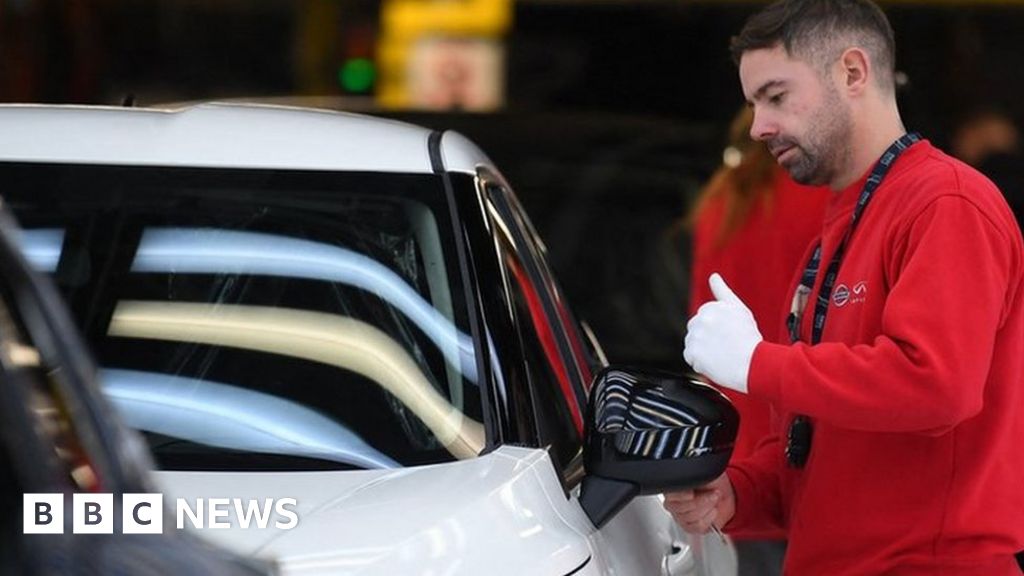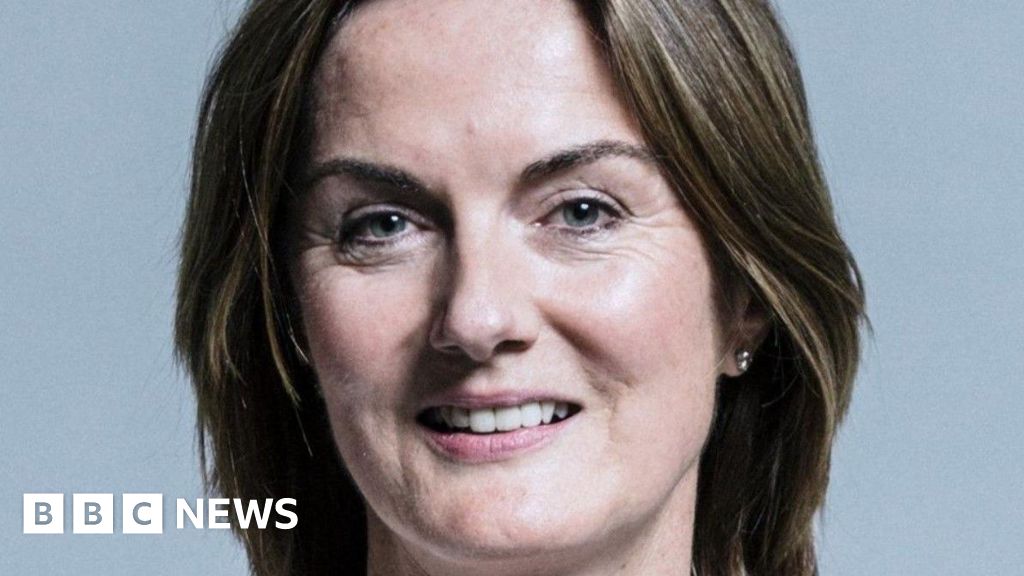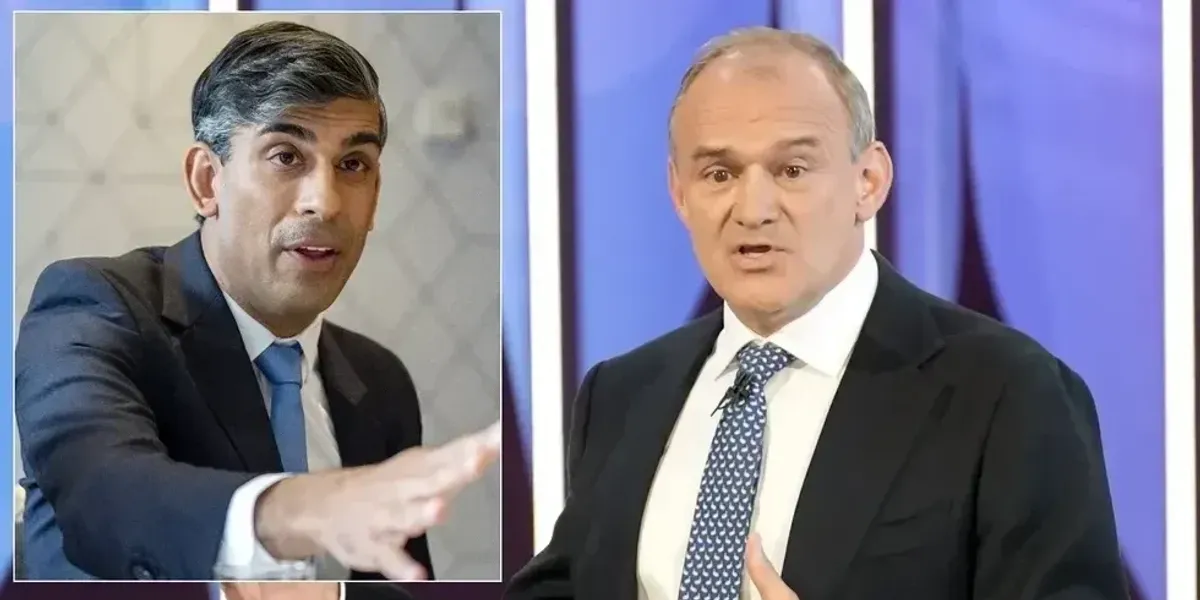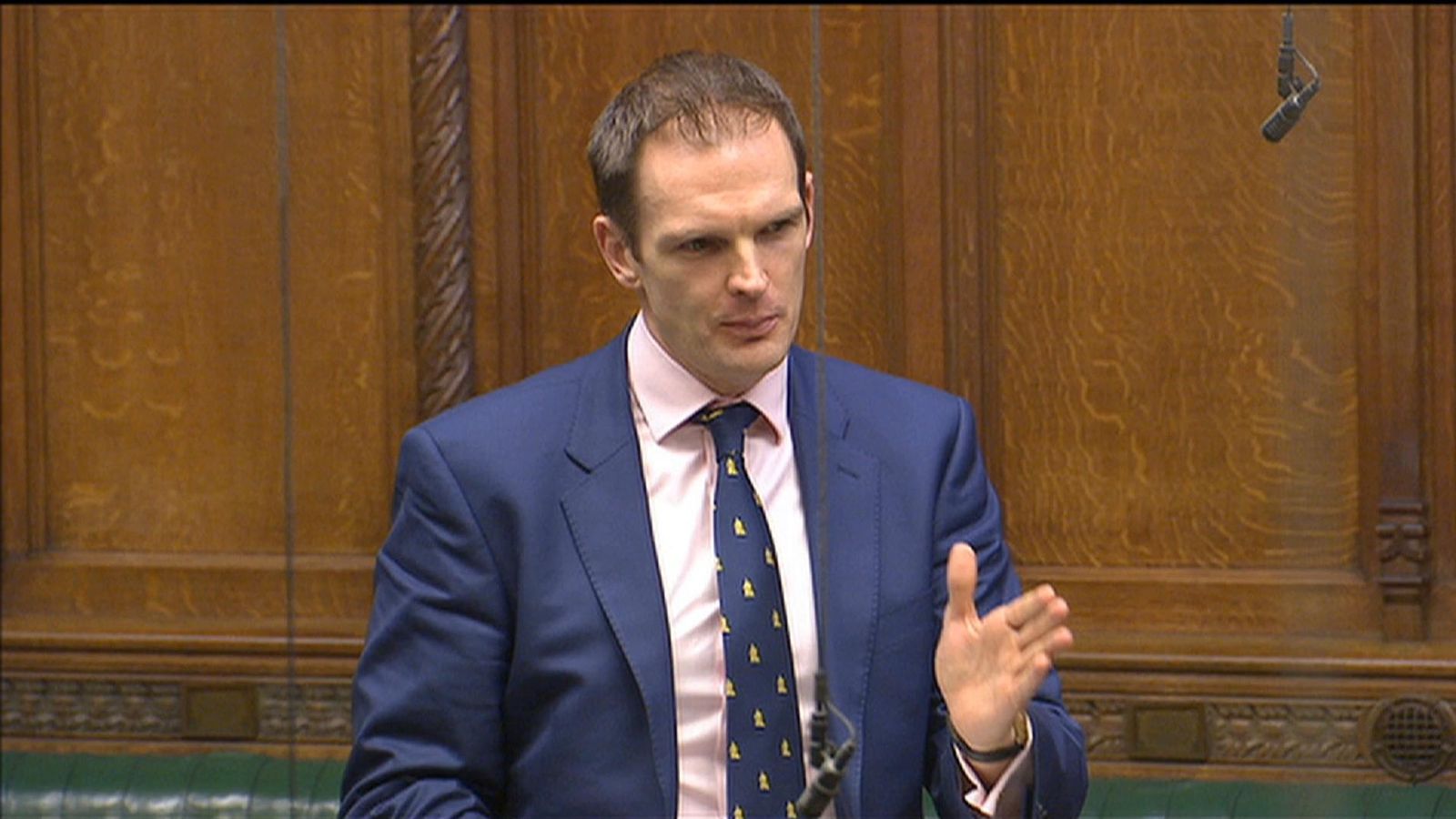By Brad Young, Money Team
On Summer Scholes' 16th birthday, two days after her mother died, the first thing she thought about was getting a job to keep a roof over her head.
It was 2021 and Summer said she was working alongside her studies in Margate for £4.62 an hour (the minimum wage for under-18s at the time) just so she and her aunt could pay the rent and put food in the fridge.
When she was 18 last September, she worked 50 hours a week over the summer in the hospitality industry for £375, while her 21-year-old colleagues were legally entitled to at least £134 more for the same job.
In the UK there are three different minimum wages for adults, based on age. On Monday the government will reduce this to two, but the inequality between those aged 18 to 20 and those aged 21 and over will remain.
“I strongly disagree with that. As someone who is 19, I see the work that I do and the work that my friends do and I believe that we work just as hard, if not harder, than some of the older people than we do.” said Summer to the Money blog.
She said she felt undervalued, adding: “I think it should be based on a person's work ethic and their ability to do a job.”
“I couldn’t save for any of my future studies, which is why I’m still in college for a few more years.”
Sky News understands sources at the Department for Business and Trade say the government believes the pay gap will encourage companies to retain younger staff and prevent them from facing prolonged unemployment.
But GMB union official Ross Holden said the cost of living crisis did not negate age discrimination and that the Government was denying young workers the “equal pay to which they should be entitled”.
“It is a scandal that those under 21 who work average hours at the minimum wage have to pay up to £159 a week out of pocket than older colleagues doing the same job. There is no excuse for age-related pay rates – ending them will be long overdue.”
According to the Low Pay Commission, which advises the government, last year about 34% of workers aged 18 to 20 were paid between £7.49, the minimum hourly wage for their age group, and £10.18, the minimum hourly wage the next higher age group for determining wage rates.
Britain at the “extreme end” of pay gaps
The U.K. isn't alone in having age-based minimum wage laws, but it is “at the relatively extreme end of penalizing those over 18,” said Ken Mayhew, an economist and professor at the University of Oxford.
In France, under-17s with less than six months of work experience could be paid 80% of the minimum wage, he said. In the Netherlands, the minimum age limit tapers upwards to 21 years old, while in the USA there is a small deviation for people who are under 20 years old in the first 90 days of employment.
Professor Mayhew said employers could justify lower wages during a training period – when young workers are less productive – “but I honestly think it is questionable for national legislation to assume that this applies to all 18-20 year olds.”
Some employer groups have previously said they would not hire less experienced adults if they had to pay them the same wage, Professor Mayhew said.
However, he added that these groups also argued that workers of all ages would be excluded from their jobs when the minimum wage was introduced in 1998 – but “the impact on employment has been little to none”.
According to the Sage Small Business Tracker, small businesses saw their labor costs increase by 14% at the end of last year.
The British Chambers of Commerce and the Association of Small Businesses declined to comment on the upcoming minimum wage changes.
The Convenience Stores Association did not respond to a request for comment.
The British Retail Consortium said: “The retail sector recognizes the value of its employees and that is why the overwhelming majority of our members continue to pay above the minimum wage, regardless of age.”
Real Living Wage?
The Union of Shop, Distributive and Allied Workers described the Government's policy as “deeply disappointing” and said all adults should be paid at least £12 an hour.
Companies that pay all their employees £12 – in London it's £13.15 – are recognized by the Living Wage Foundation (LWF) as paying the so-called real living wage.
Communications director John Hood said: “As an 18-year-old, most of the time they are not addicted. They pay for their accommodation, they pay rent, they pay transport bills, the city council tax – so the same costs that a 21-year-old pays.”
He said the difference between the minimum wage and the real living wage is “the difference between the ability to live in dignity, in security, in stability and being able to plan for the future.”
Summer recently joined those earning a real living wage after being employed by Newington Fish Bar in Margate.
“It makes me feel a lot more equal and valued,” she said, “like my work is valued.”
A government spokesman said: “Since the introduction of the minimum wage in 1998 there have been different rates for younger age groups, but this government is giving young people a pay rise to put more money in their pockets.”
“From April 1 we will increase the national minimum wage for 18-20 year olds by over 14%, giving full-time workers a gross annual pay increase of over £2,000.”


























